Flybe saved: but why is the airline industry struggling?
Government offers lifeline as budget carrier avoids becoming tenth European airline to collapse in past two years
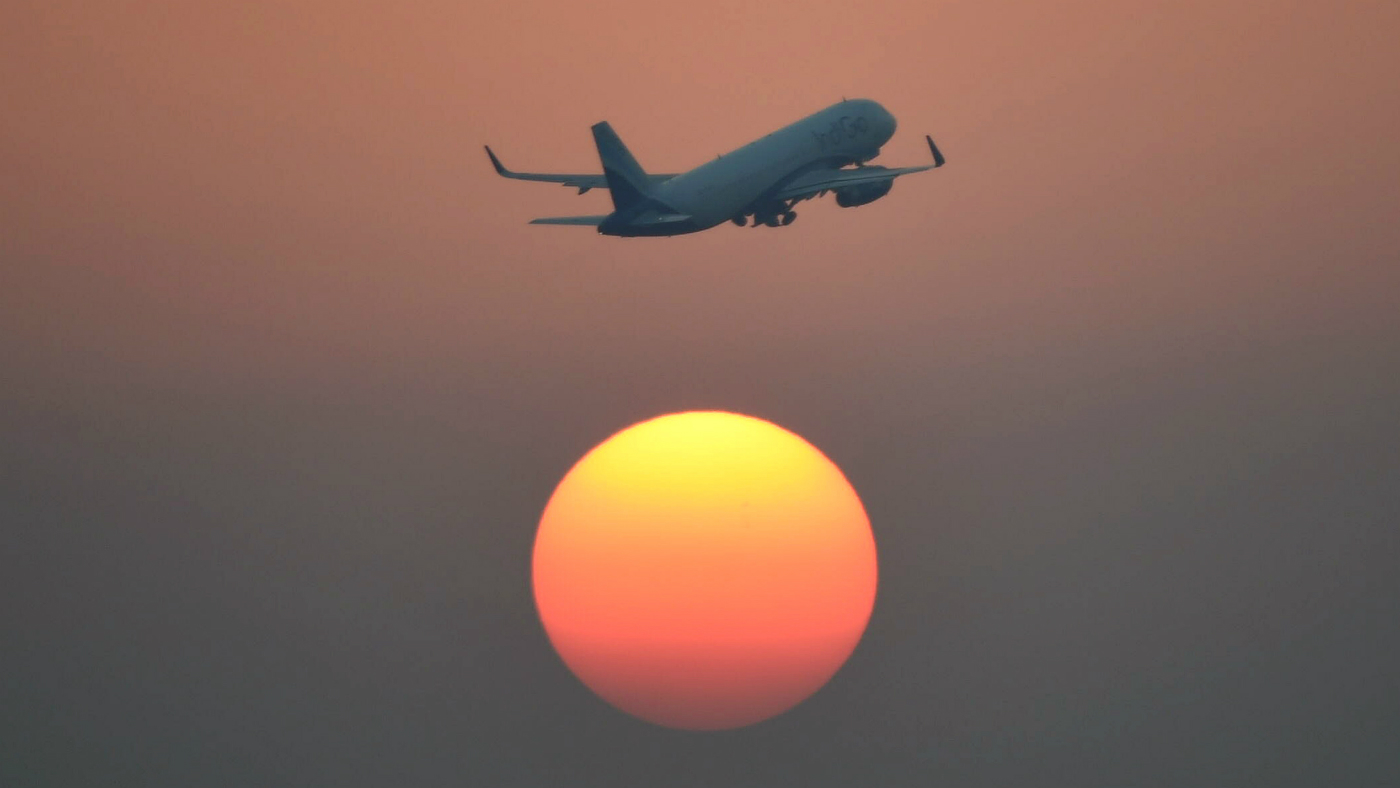
A free daily email with the biggest news stories of the day – and the best features from TheWeek.com
You are now subscribed
Your newsletter sign-up was successful
The government has agreed a last-minute rescue plan for Flybe that allows the troubled UK airline to delay paying an outstanding £106m air passenger duty bill until the spring.
Business Secretary Andrea Leadsom says the move will allow Flybe to ride out a cashflow crisis – which will be a “relief to many of the eight million passengers who fly with the airline each year”, the BBC reports.
But when it comes to airlines on the brink, Flybe is one of the lucky ones. The past year alone has seen UK airlines Flybmi and Thomas Cook both collapse under insurmountable debts. A further seven major airlines have gone bankrupt across Europe since 2017, including Primera and Wow Air, says Reuters.
The Week
Escape your echo chamber. Get the facts behind the news, plus analysis from multiple perspectives.

Sign up for The Week's Free Newsletters
From our morning news briefing to a weekly Good News Newsletter, get the best of The Week delivered directly to your inbox.
From our morning news briefing to a weekly Good News Newsletter, get the best of The Week delivered directly to your inbox.
There has been a growing backlash against the Flybe rescue, with rivals EasyJet and Ryanair saying taxpayer funds should not be used to save their competitor. British Airways owner International Airlines Group (IAG) has even filed a complaint to the EU saying the move breaches state aid rules.
But why are so many airlines struggling to stay in business?
Rising costs
The aviation industry is in a difficult spot at the moment, with rising costs negating significant and steady passenger growth, says Loizos Heracleous, professor of strategy at Warwick Business School.
A free daily email with the biggest news stories of the day – and the best features from TheWeek.com
“Aeroplanes are expensive assets with few alternative uses, which limits the ability of airlines to reduce their capacity during lean periods,” he writes in an article for The Conversation, “compared to, say, a manufacturing business that can close a plant and lay off workers.
“Airlines also have to deal with fluctuating expenses like fuel, which accounts for around a third of total costs.”
More controversial is the UK’s air passenger duty (APD), a tax on aviation introduced in 1994. The levy is charged per passenger on flights taking off in the UK – from £13 in short-haul economy to £528 for a long-haul first-class flight – and has been deemed problematic for regional and domestic-focused airlines such as Flybe, for whom the tax will apply to both the outbound and return legs of a flight.
The Guardian says that, for example, “a return flight from Cardiff to Manchester is taxed at £26, while an international return flight from the UK to Moscow costs just £13 in APD”.
–––––––––––––––––––––––––––––––For a round-up of the most important stories from around the world - and a concise, refreshing and balanced take on the week’s news agenda - try The Week magazine. Start your trial subscription today –––––––––––––––––––––––––––––––
The budget conundrum
Offering low or no-frills flights in exchange for exceptionally low ticket prices is a tightrope act that is coming back to bite a number of brands.
Investopedia explains that the competition that has driven European ticket costs down and seen the rise of budget airlines has cost a number of brands dearly from a reputation perspective, with some deemed to have cut too many corners.
“Long lines due to security procedures at check-in, cramped seating, inconvenient schedules, poor service – the list of airline travellers' complaints is a lengthy one,” the investment website says. “The perception that air travel is an ordeal makes it very difficult for airlines to charge the higher prices that are necessary to return to profitability.
“Social media has propelled a number of what can only be described as PR disasters recently, and undoubtedly caused harm to the industry.”
Even UK flag-carrying stalwart British Airways has fallen foul of this issue in recent years. In 2015 it was awarded the best short-haul airline title in the annual Which? Travel survey, but – among other issues – a significant business strategy shift introduced by current CEO Alex Cruz including charging for food has caused the airline’s approval ratings to plummet. This year, British Airways slumped to third last place in the Which? poll of customer satisfaction with major short-haul airlines, with only Ryanair and Vueling faring worse.
Winter blues
Furthermore, budget airlines are almost entirely regional and do not operate long-haul flights, meaning they experience a very clear high and low season. This is in contrast to many major long-haul airlines, which operate in both hemispheres and thus effectively take advantage of two high seasons.
Aviation Analyst reports that after a busy spring/summer high season that could keep a failing airline afloat, the end of summer is often a “make it or break it” time for a budget airline, as its “board members determine the amount of cash needed to carry the airline through a quieter winter period – where demand lowers and flights may struggle to break even”.
The site adds: “Winter is a difficult time for any European airline, given the lower demand but continuing high costs, but the season is even more of a challenge for the financially fragile players of the airline market.”
Why are some airlines booming?
While many budget airlines collapsed this past year, the IAG, which owns British Airways, Iberia, Vueling and Aer Lingus, filed a 20% rise in pre-tax second-quarter profits last year, on the back of revenues rising 9.5% to €6.7bn.
This is an example of larger airlines benefiting from a booming passenger market without cutting corners in order to slash prices.
National Geographic reports that by 2035 annual air travel is predicted to double, noting that “growth in mature markets like Europe and North America will be more incremental, with existing passengers flying more”, while “China, India, and Indonesia will see more first-time fliers”.
These larger airlines are mostly relying on their long-haul flights, a market dominated by more established names. Quartz reports that “around the world, long-haul, low-cost airlines are barely getting by”, partly due to the high/low season issue and partly because, simply put: “Passengers aren’t always convinced of the value of sacrificing comfort for eight hours at a time.”
The site adds that the budget model “simply doesn’t work for long haul operations”.
-
 Crisis in Cuba: a ‘golden opportunity’ for Washington?
Crisis in Cuba: a ‘golden opportunity’ for Washington?Talking Point The Trump administration is applying the pressure, and with Latin America swinging to the right, Havana is becoming more ‘politically isolated’
-
 5 thoroughly redacted cartoons about Pam Bondi protecting predators
5 thoroughly redacted cartoons about Pam Bondi protecting predatorsCartoons Artists take on the real victim, types of protection, and more
-
 Palestine Action and the trouble with defining terrorism
Palestine Action and the trouble with defining terrorismIn the Spotlight The issues with proscribing the group ‘became apparent as soon as the police began putting it into practice’
-
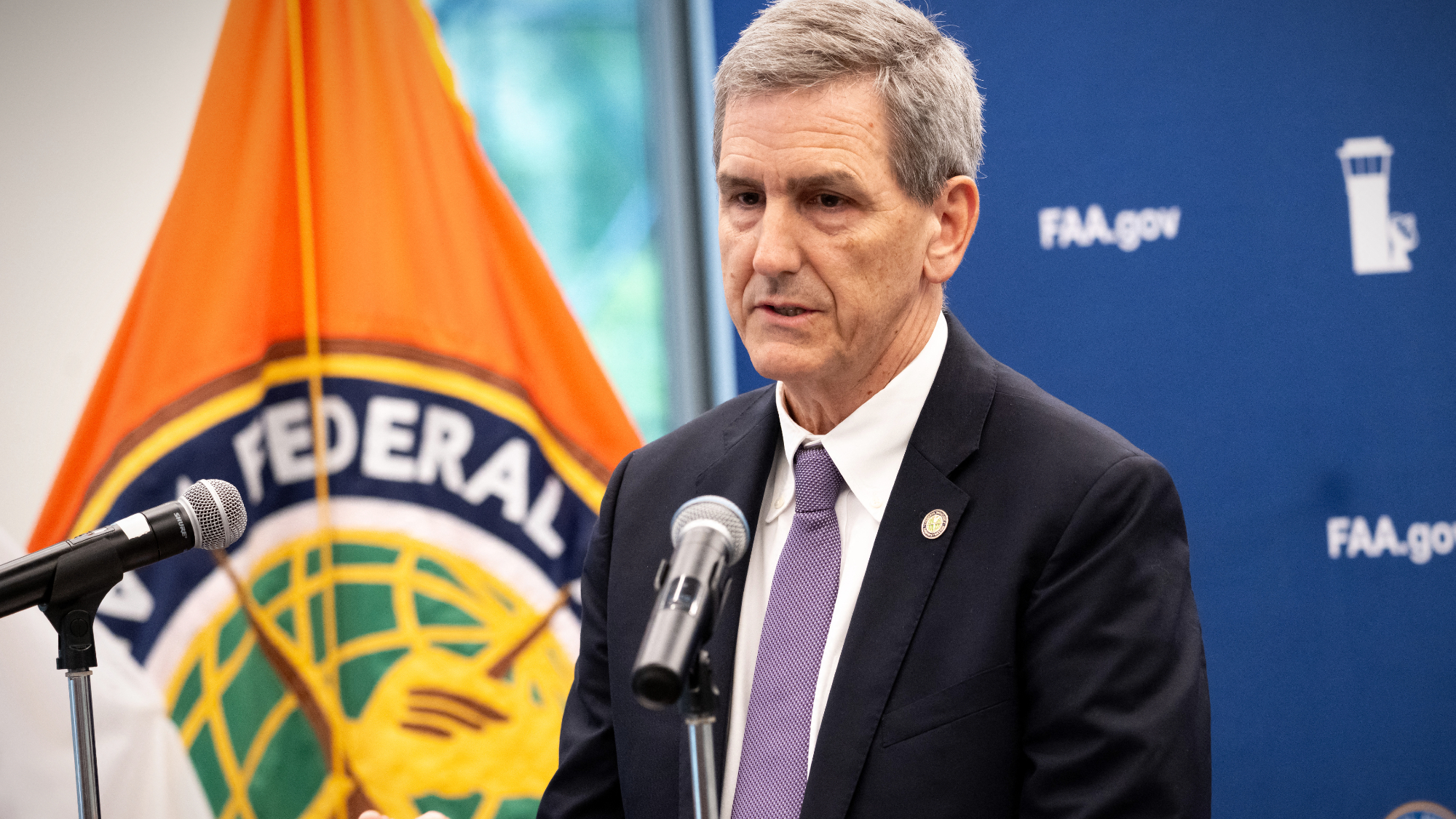 Boeing releases safety plan to skeptical FAA
Boeing releases safety plan to skeptical FAASpeed Read The Federal Aviation Administration demanded the plan after a door blew out on a Max 737 flight
-
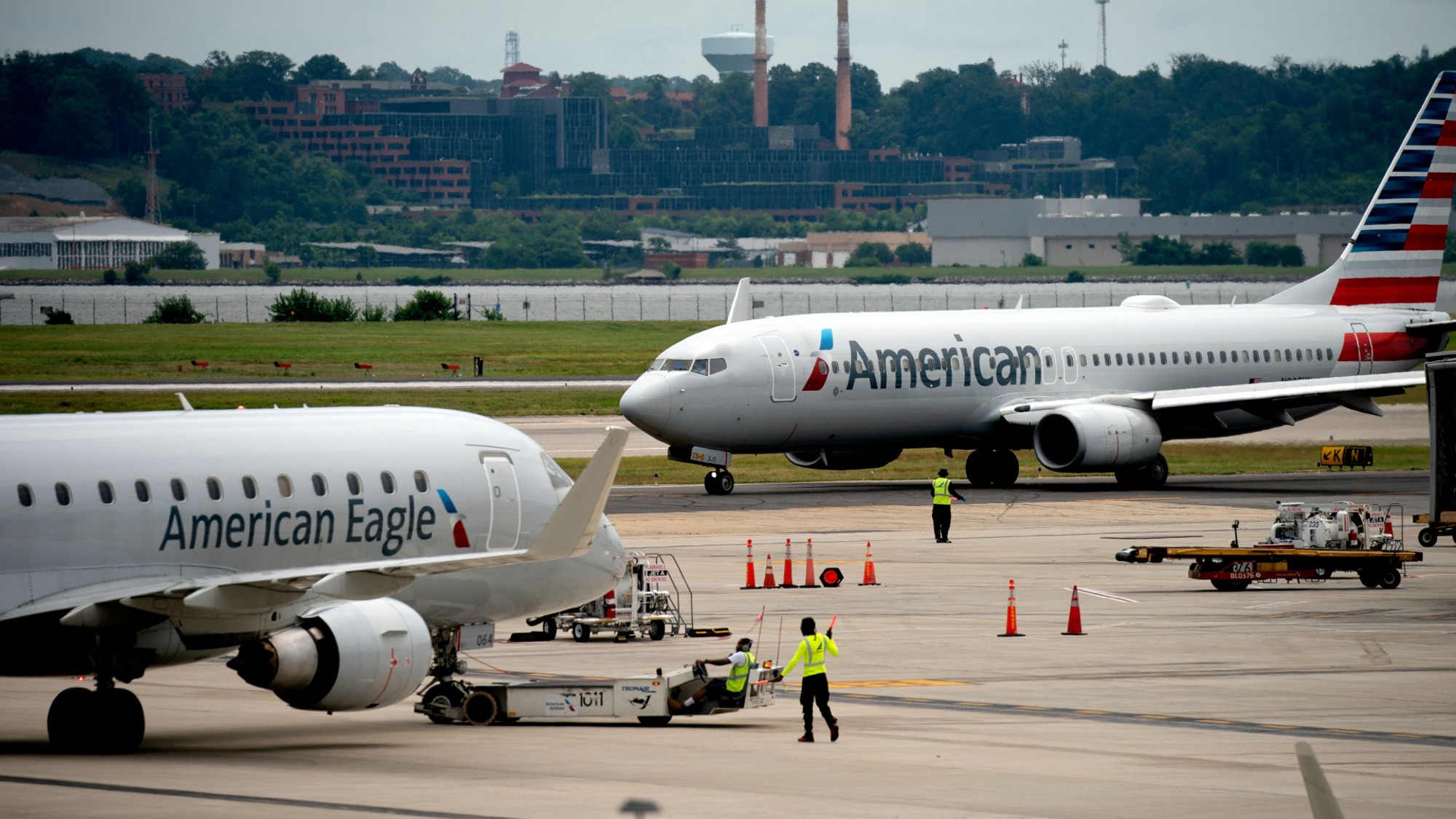 American Airlines pilots are warning of a 'significant spike' in safety issues
American Airlines pilots are warning of a 'significant spike' in safety issuesIn the Spotlight The pilot's union listed 'problematic trends' they say are affecting the airline's fleet
-
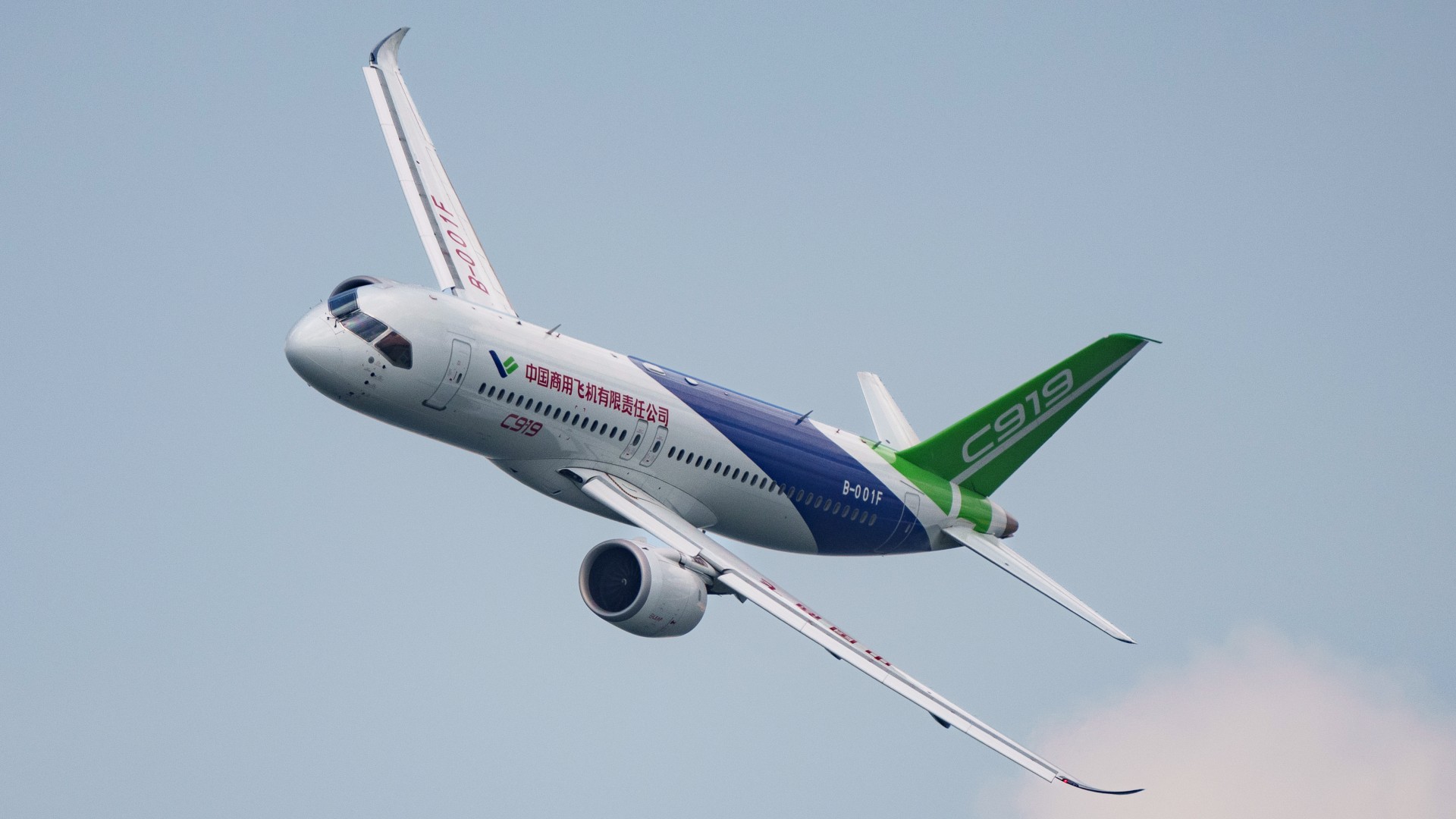 Boeing's problems have become an opportunity for China's plane manufacturer
Boeing's problems have become an opportunity for China's plane manufacturerUnder the Radar COMAC is looking to pass both Boeing and Airbus in the international market
-
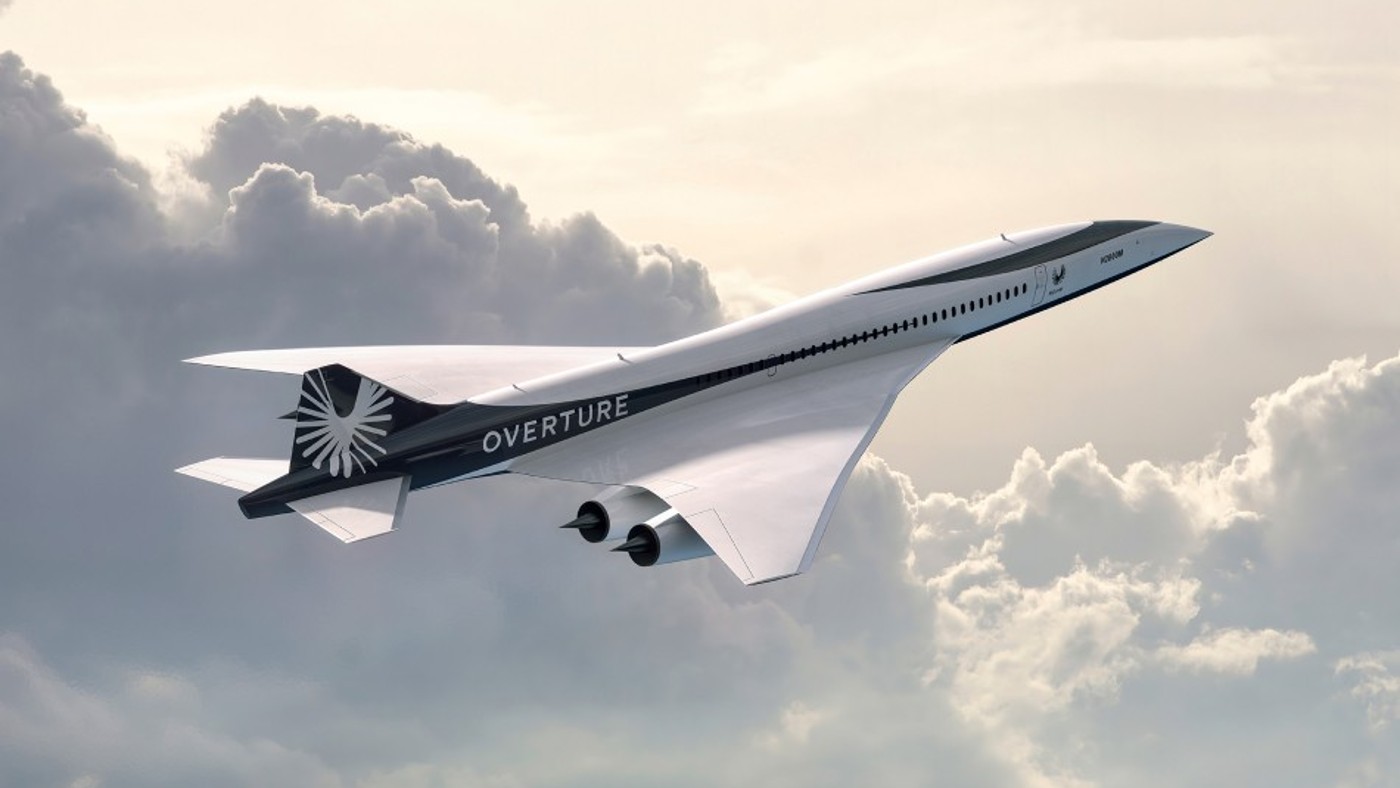 Boom Supersonic: is the ‘son of Concorde’ just a fantasy?
Boom Supersonic: is the ‘son of Concorde’ just a fantasy?Under the Radar Claims of profitable ‘ultrafast jet travel’ have been met with ‘intense industry scepticism’
-
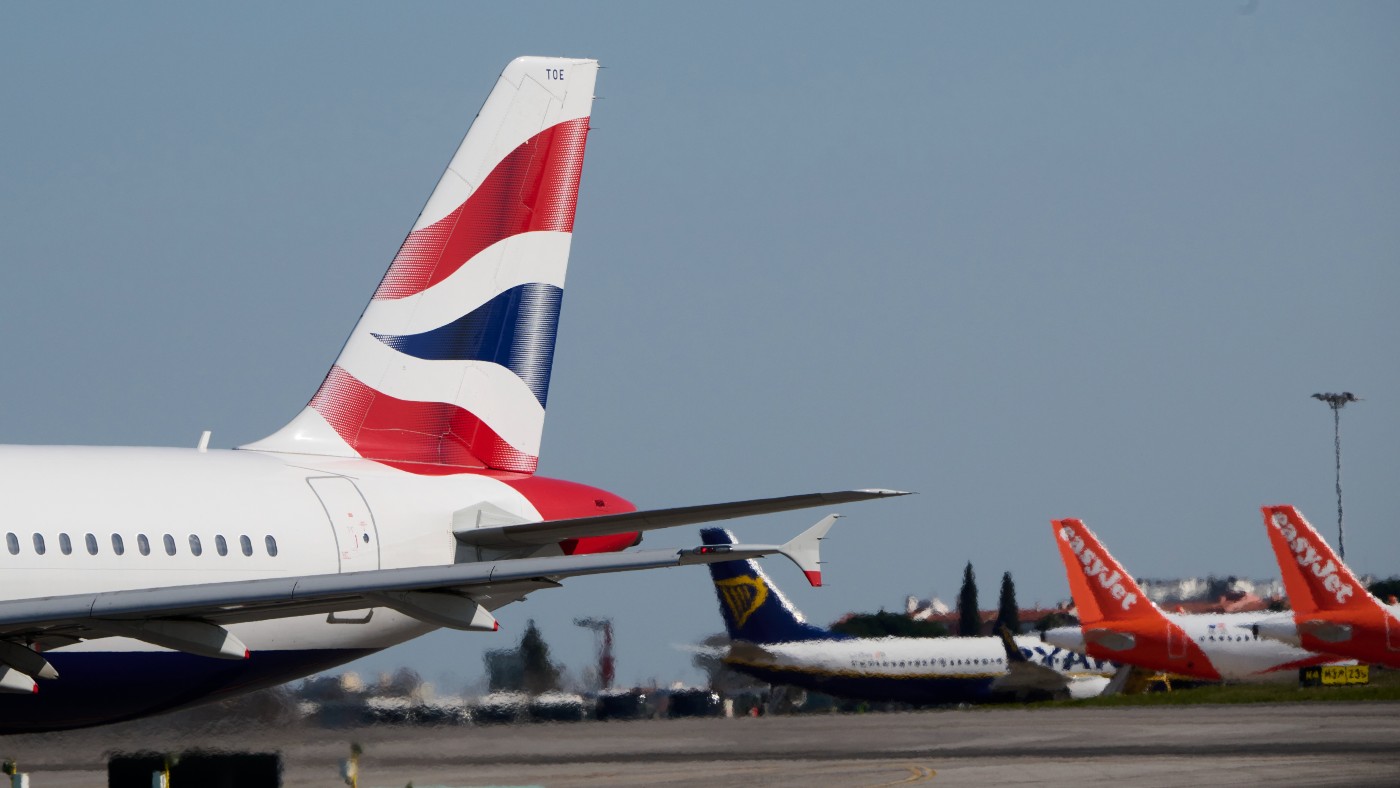 Travel is back: is the UK aviation industry ready for the big take-off?
Travel is back: is the UK aviation industry ready for the big take-off?feature After two years of chaos caused by Covid-19, airports and airlines are now hit by a staffing crisis
-
 EasyJet/Wizz: battle for air supremacy
EasyJet/Wizz: battle for air supremacySpeed Read ‘Wizz’s cheeky takeover bid will have come as a blow to the corporate ego’
-
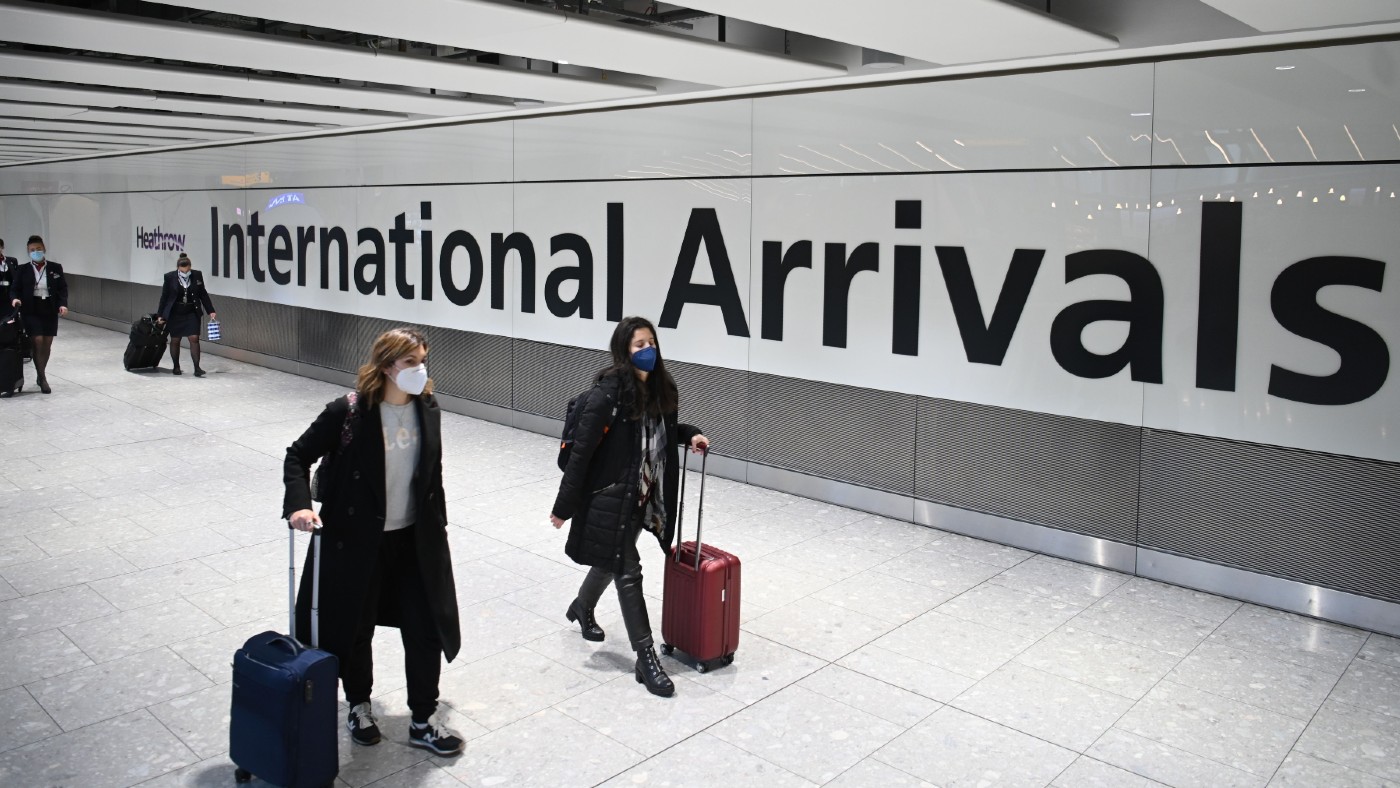 Hotel quarantine rules: ‘another death knell’ for UK tourism and aviation
Hotel quarantine rules: ‘another death knell’ for UK tourism and aviationfeature Dismayed industry leaders urge government to provide roadmap for recovery
-
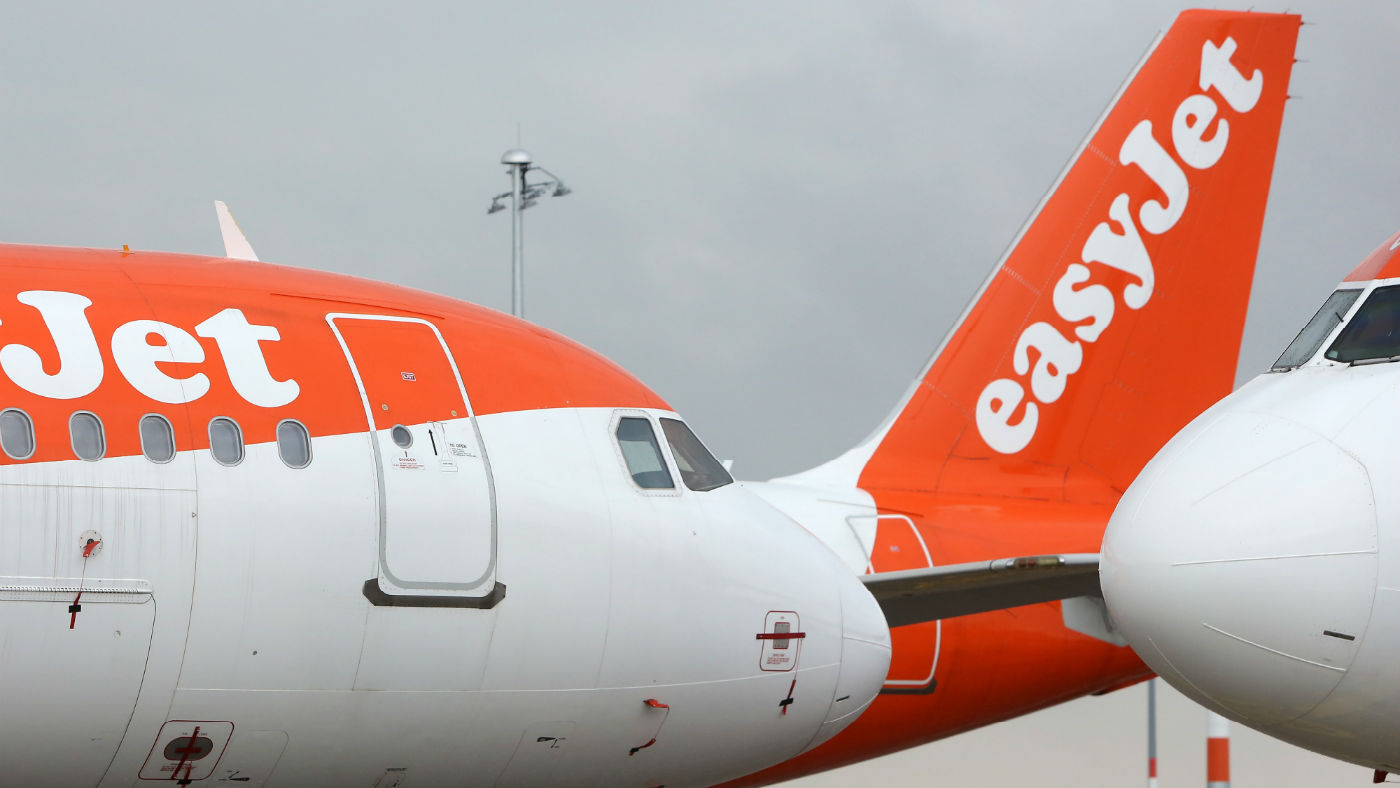 EasyJet hit by £1.27bn annual loss and Heathrow warns of ‘catastrophic decline’
EasyJet hit by £1.27bn annual loss and Heathrow warns of ‘catastrophic decline’Speed Read Low-cost airline plunges into the red for the first time in its 25-year history